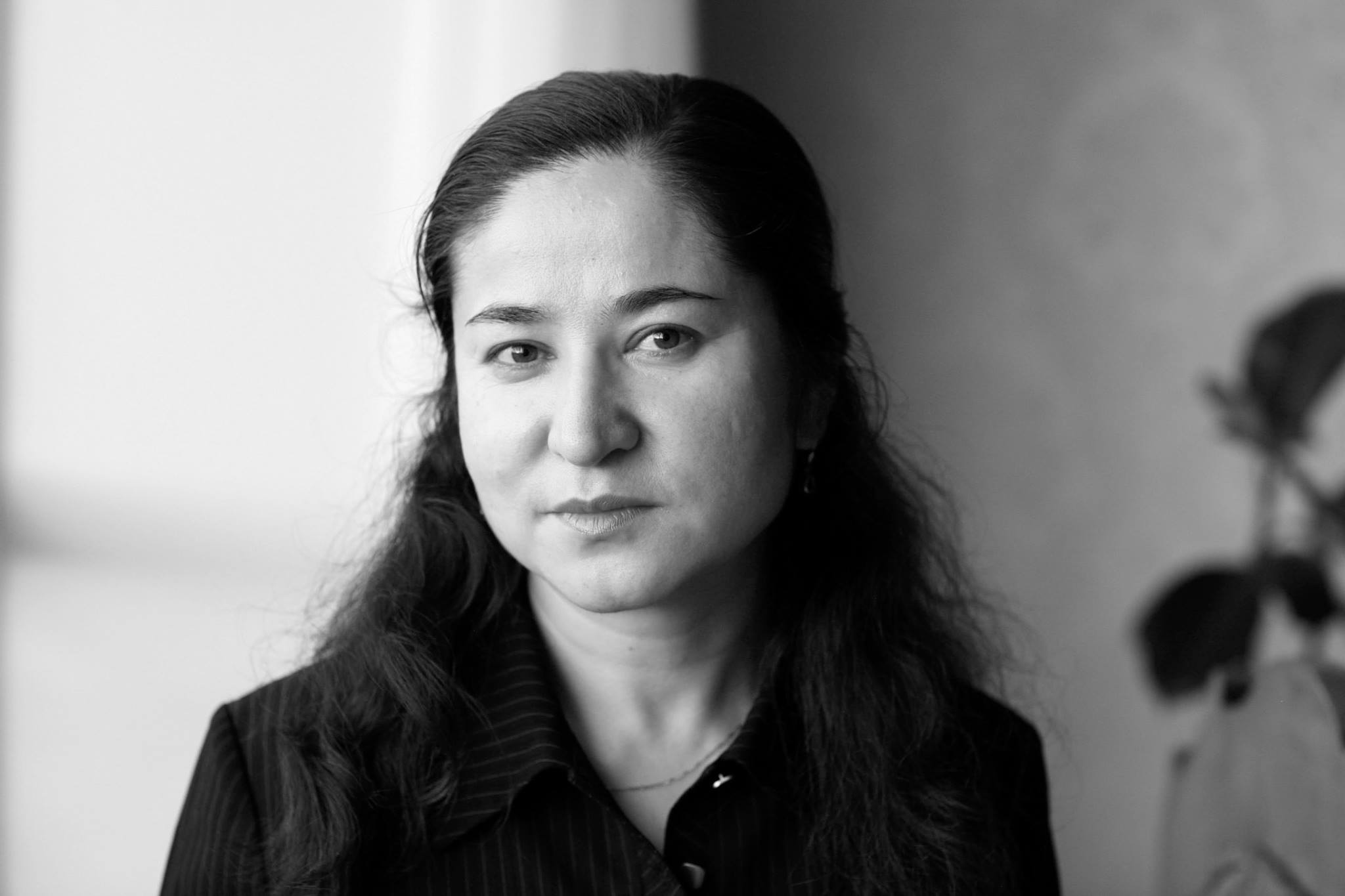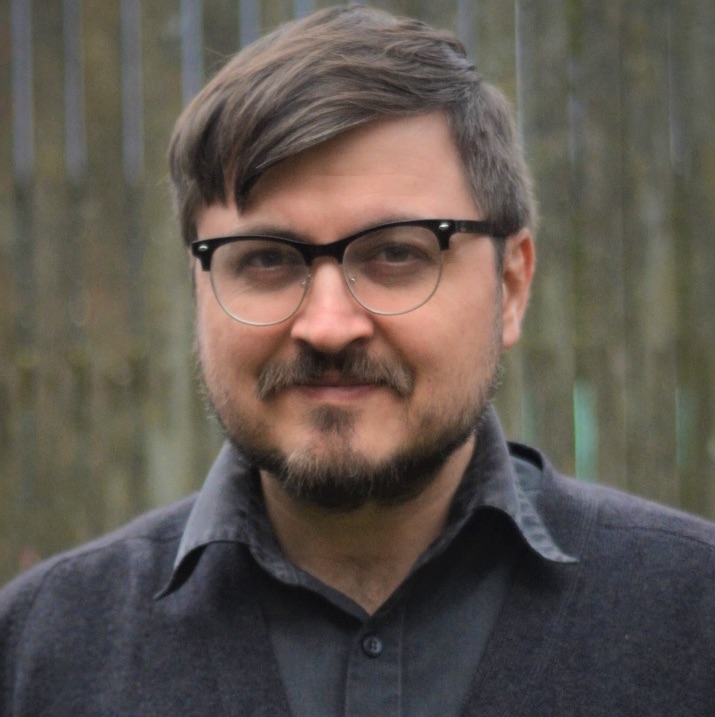Three years of silence: Rahile Dawut named honorary professor
Dawut disappeared in December 2017 after being detained by state authorities as she planned to travel to Beijing for a conference. She has not been publicly charged with a crime.

In December 2020, Rahile Dawut, a Uyghur anthropologist, was named the first Open Society University Network Honorary Professor in the Humanities. As a Xinjiang University professor, she founded a Minorities Folklore Research Center while writing landmark studies of Uyghur sacred landscapes, and training dozens of Uyghur ethnographers. Dawut disappeared in December 2017 after being detained by state authorities as she planned to travel to Beijing for a conference.
In a statement announcing the professorship, Leon Botstein, Chancellor of the Open Society University Network, noted that Dawut is a leading authority on Uyghur cultural life and practices. “She has trained a generation of young scholars in the study of the region’s folklore and tradition,” he said. “Her rigorous and illuminating work has become a portal through which the global community has been able to discover the richness of Uyghur culture.”
Over the three years since her detention, Dawut has not been publicly charged with a crime, nor has she been permitted to communicate with her family. Dawut’s daughter, Akeda Pulat, who currently lives in the United States, has been left to wonder if she is alive or dead. As she said in an interview earlier this year:
I often have nightmares that something happened to her. When this happens it takes me days for me to recover. In the dream she just looks weak. Her hair has turned white. She has a hard time walking. I say, “Mom!” to her but she cannot respond. It’s like she doesn’t recognize me. She just stares at me blankly. It is like a really weird, horrible movie. I often wake up at 4 or 5 a.m. and can’t go back to sleep. I go to work feeling heavy inside. It is hard to pretend that things are normal. Lots of people have trauma, but it is not like this. This never ends. I don’t have the energy to even scream or cry. I can’t scream at work. I wash my face, make breakfast, and commute to work. I just feel this heaviness all the time. It is a physical feeling inside me, like a monster is inside me weighing me down. I feel it in my stomach.
Dawut’s colleagues, friends and students have been left with similar feelings of sadness. They are left with the memories they have of the joy and curiosity that Dawut brought to her work and how she shaped their own careers.
In a powerful video produced by Dawut’s daughter and friends, Dawut’s colleagues — scholars from around the world — describe the quiet determination Dawut brings to her work. They appeal directly to Dawut, asking her to keep struggling for her freedom.
Their voices join those of students at Bard College who petitioned the Open Society University Network to establish this professorship for Dawut. Working with faculty advisor Thomas Keenan, they have begun a sustained letter-writing campaign, sending personally addressed letters to key leaders who are involved in Dawut’s detention.






